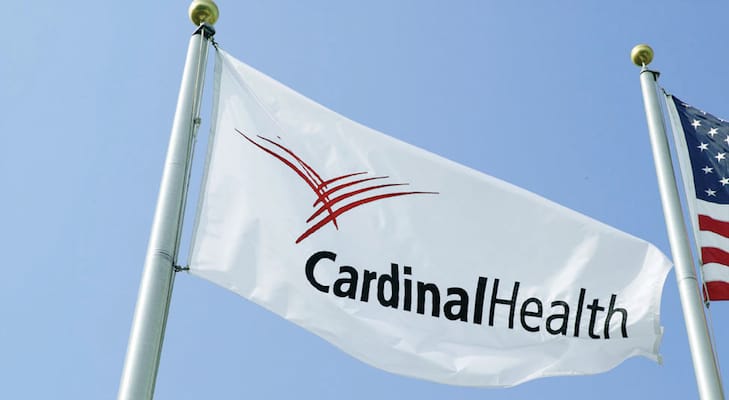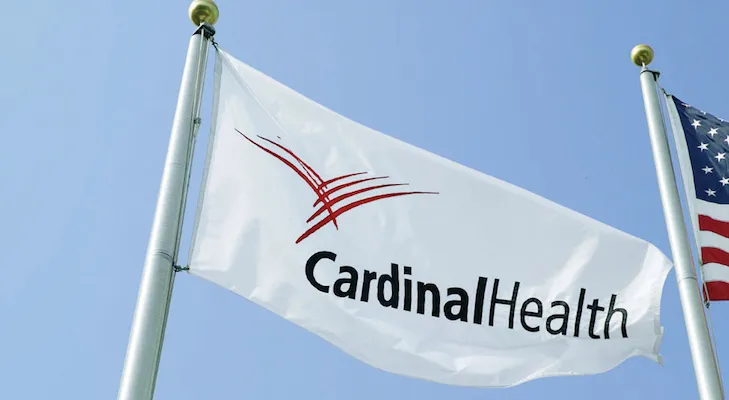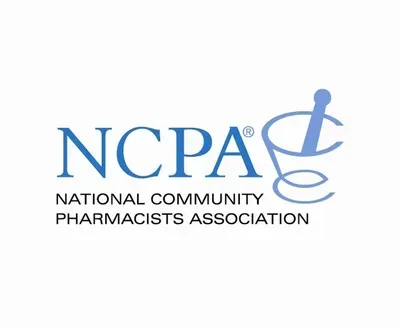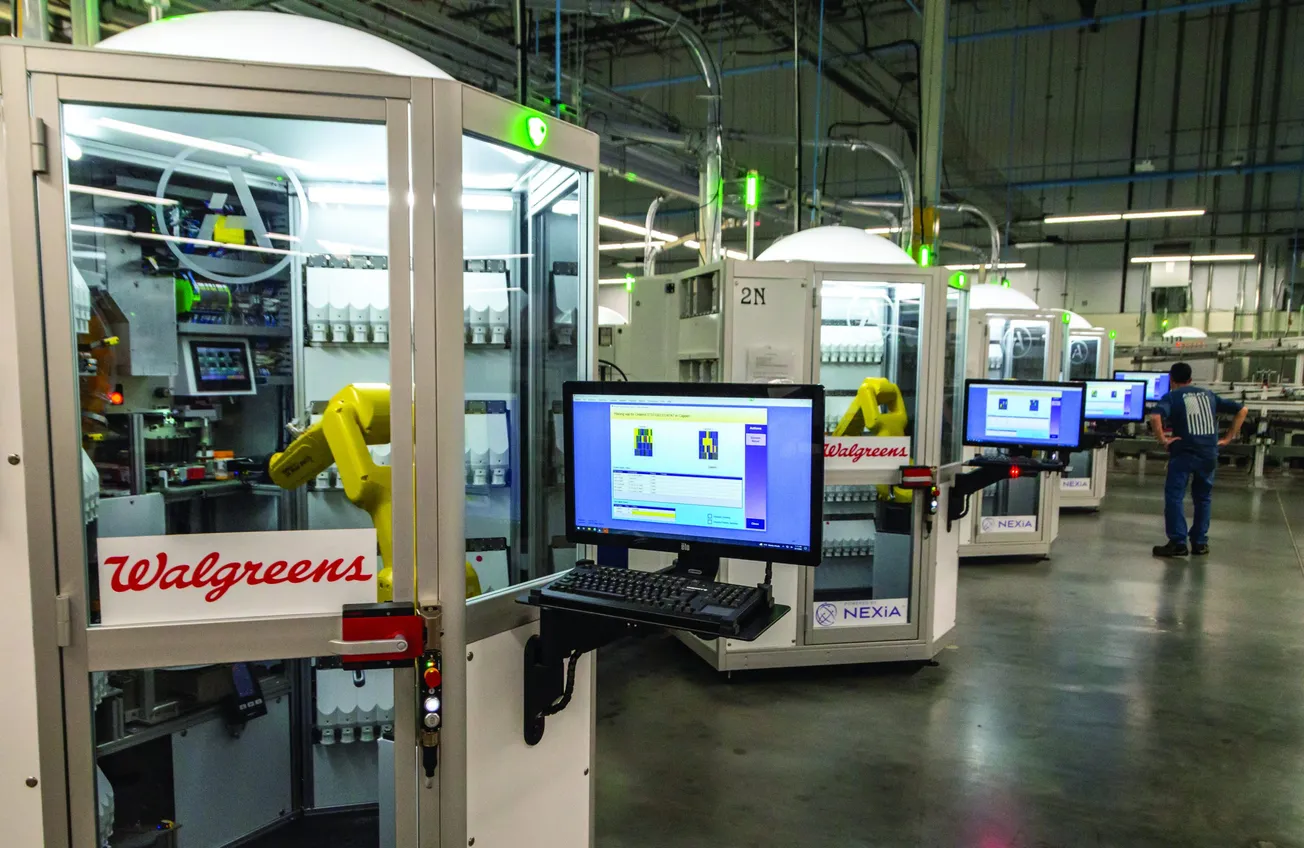DUBLIN, Ohio — Oncologists are growing more confident in their ability to meet the requirements of the Medicare Access & CHIP Reauthorization Act (MACRA), according to new research from Cardinal Health Specialty Solutions. These findings were released today in the fourth edition of Oncology Insights, a research-based report series summarizing the views of more than 160 U.S. oncologists about the key trends impacting today’s oncology practices.

The report is released in advance of the 2018 American Society of Hematology Annual Meeting and Exposition in San Diego. Request a copy of the Oncology Insights report at www.cardinalhealth.com/oncologyinsights.
The report compares current views about MACRA to responses collected in early 2017, shortly after MACRA went into effect. The number of participating oncologists who said they have some level of confidence in their practices’ ability to meet MACRA requirements while achieving financial success increased from 53% to 77%. In addition, compared to 2017, more oncologists report having the resources and staff needed to manage MACRA (24% compared to 10%). However, one in four participating physicians (24%) still do not have a strategy in place.
Other key findings on issues impacting the evolution of oncology practices:
- Nearly half of participating oncologists report experiencing significant amounts of stress at work (46%) and more than a third (35%) would need seven or more hours of extra time each week to complete their work responsibilities.
- The top factors contributing significant or excessive stress were electronic health records (36 percent); changing reimbursement and payment models (33%); and interactions with payers (31%).
- Hiring Advanced Practice Providers (APPs), including nurse practitioners and physician assistants, was the most common strategy for making workloads more manageable (46%).
- Three-quarters of oncologists (74%) already use APPs in their practices and 57 percent predict the number of employed APPs will increase over the next three years.
“Faced with growing clinical workloads and decreasing margins, oncologists are under a growing amount of pressure at work,” said Joe DePinto, president of Cardinal Health Specialty Solutions. “But, as our research shows, many oncologists are meeting their challenges head-on by proactively investing in tools, technology and additional clinical support staff. And today they are feeling more confident in their ability to adapt to changing trends, such as value-based care.”
The findings in Oncology Insights are based on written surveys conducted in advance of three Cardinal Health Summits conducted in September, October and November 2018. In total, the summits brought together more than 160 U.S oncologists, representing a diverse mix of community and hospital-based practices. The report also includes viewpoints from chief medical officers: Chadi Nabhan and Bruce Feinberg.









